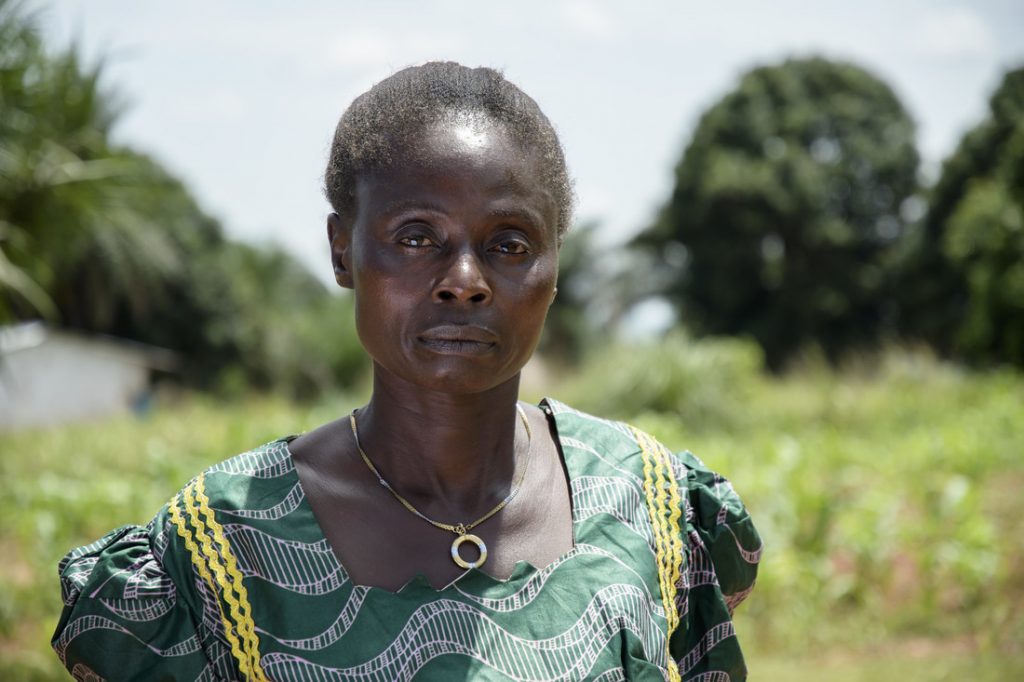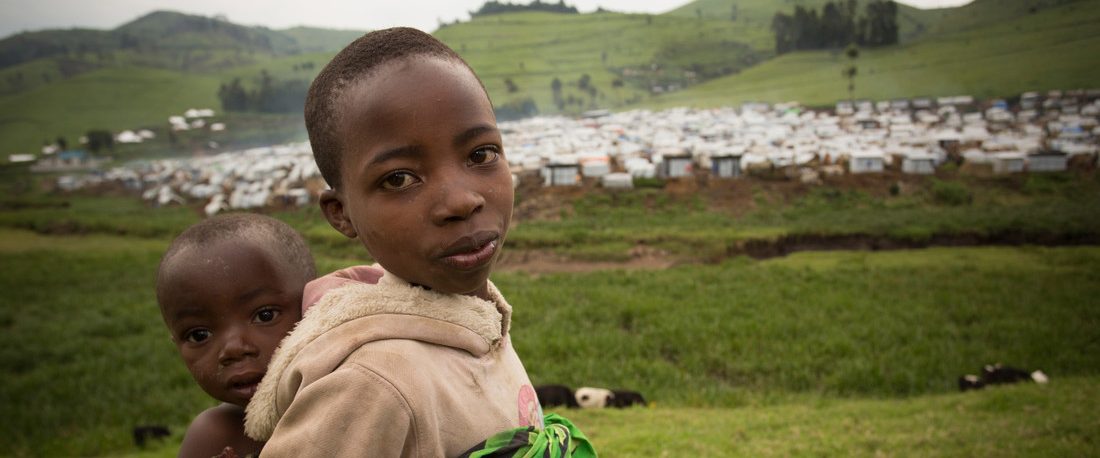After more than two decades of violence, many children in the Democratic Republic of the Congo have only known war.
A surge in violence across the Democratic Republic of the Congo (DRC) has forced more than 6 million Congolese people to flee their homes. An average of 6,000 people are displaced every single day by brutal violence – with houses razed and families left without food, water, or healthcare.
Now in its twentieth year of conflict, the DRC is also home to the largest food crisis in the world – with nearly 27 million people struggling to find food. Epidemics of cholera and measles have exacerbated the dire living conditions. COVID-19 has added to the country’s economic woes. And the eruption of Mount Nyiragongo on 22 May 2021 adds yet another tragedy to the list of crises affecting the DRC.
CARE is working closely with some of the most vulnerable communities, providing drinking water and nutritious food, as well as medical assistance to women and girls who have experienced violence.
Fast Facts
Population: 83.30 million
Life expectancy: 57.7 years (56.1 years male, 59.3 years female) (2017 est.)
Infant mortality: 68.2 deaths/1,000 live births (2017 est.)
Under-5 mortality*: 94.3 deaths/1,000 live births (2016 est.)
Maternal mortality: 693 deaths/100,000 live births (2015 est.)
Adult literacy rate: : 77% (88.5% male, 66.5% female) (2016 est.)
Access to improved drinking water: 52.4% (81.1% urban, 31.2% rural)
Access to improved sanitation: 28.7% (28.5% urban, 28.7% rural)
Percentage of seats held by women in national parliament^: 8.9%
GDP per capita: $800 (2017 est.)
Source: CIA World Factbook, *UNICEF, ^World Bank
CARE is providing critical support
In the last year alone, CARE has provided support to 2.4 million people across the DRC – primarily in response to the food crisis, and ongoing conflict.
Much of our work in the DRC has been supporting women who have endured violence due to social expectations attached to women and girls. As is always the case during emergencies, women and girls become more vulnerable to violence and assault. CARE trains medical professionals to help counsel those affected by violence, and runs education sessions with men as well as women, to help reduce and prevent incidents of violence against women and girls.
“I tell people, when a woman or girl experiences injury due to violence, it’s better to go to the hospital within three days in order to be treated.”
Marie is a community mobiliser trained by CARE to spread the word on accessing confidential services for women and girls who have experienced sexual and physical violence in DRC.

Donate now
Please give now to help us support women and defeat poverty.
Your donation can help end extreme poverty and give people the means to build a better future for themselves in countries like the DRC.
For those living in extreme poverty, your support brings education and training, healthcare and clean water, nutritious food, and new ways to earn an income. And in times of crisis, you help us deliver emergency relief. Please donate today.
Learn more about our ongoing impact in DRC:
- Training men and women in eastern Congo to prevent sexual violence
- Rape as a weapon of war: Jollie’s story
- Raymond’s story: Humanitarian work in Democratic Republic of the Congo (DRC)
Evaluation reports: CARE’s Electronic Evaluation Library

